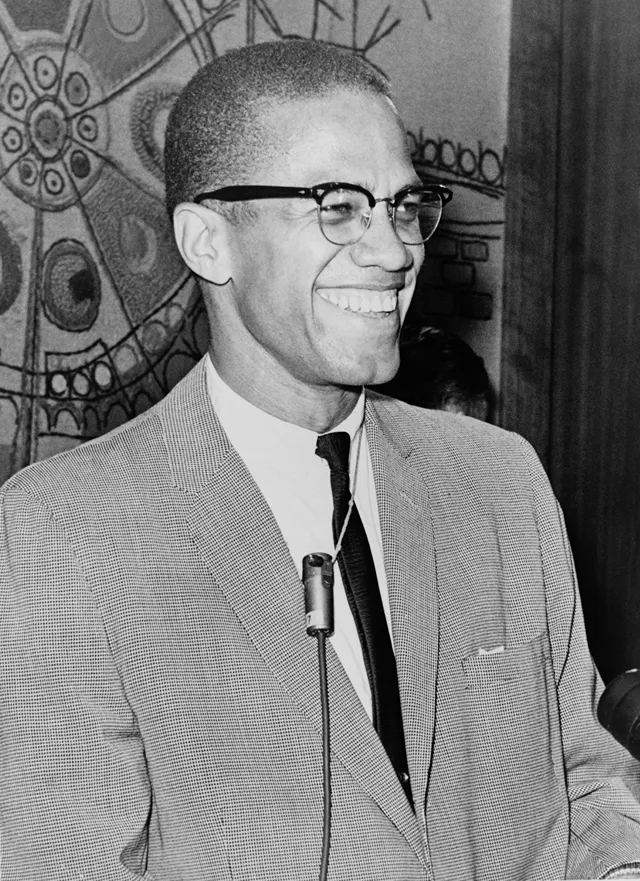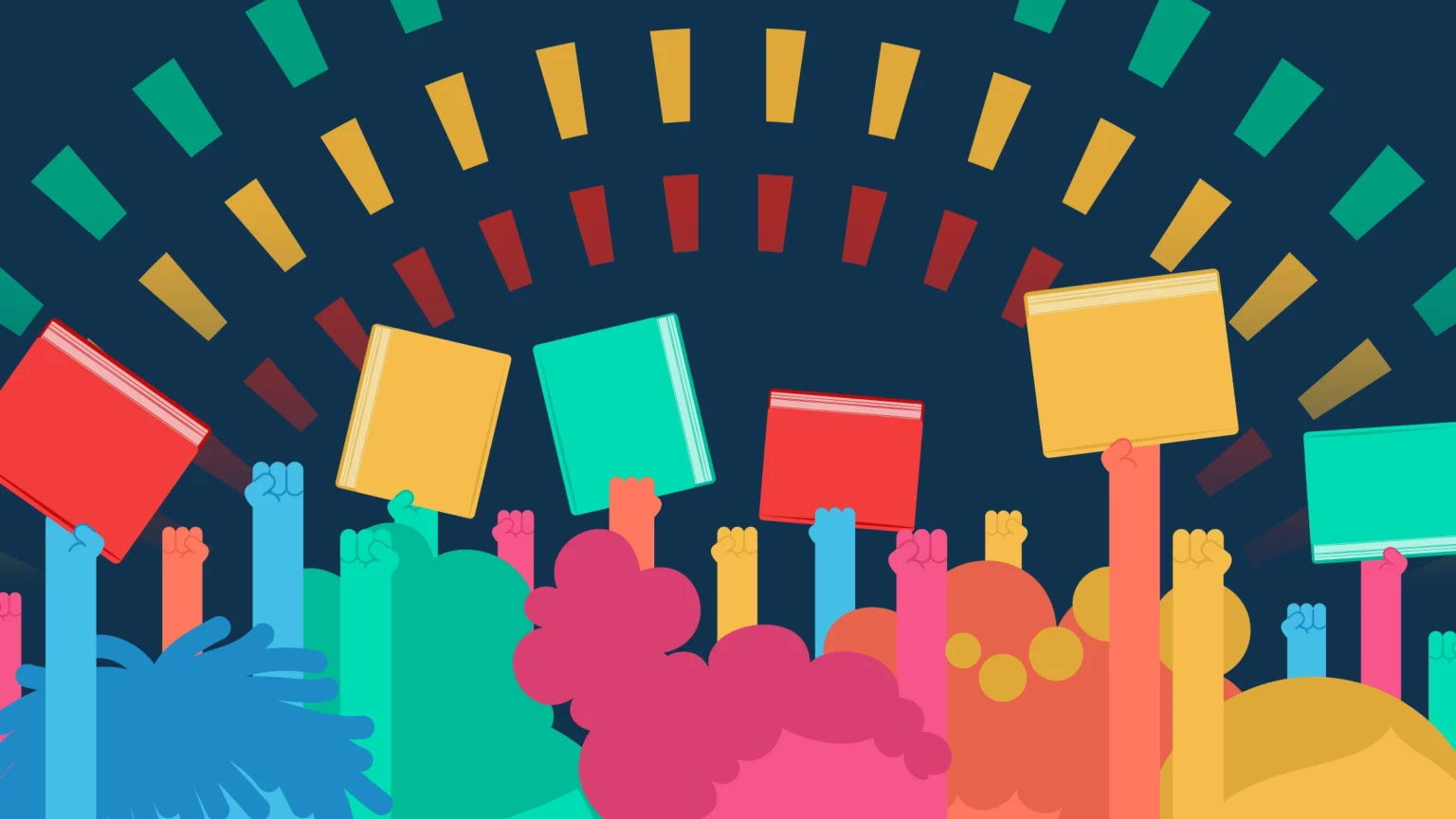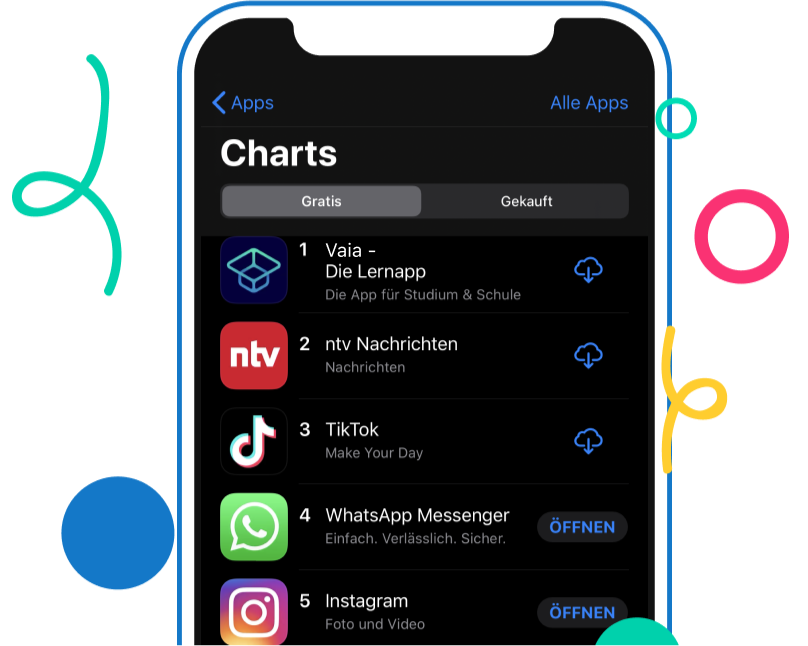Celebrating Black History Month: A Brief History
Black History Month is a month that offers a chance to commemorate the contributions and accomplishments of African Americans throughout history.
The long-standing tradition of celebrating Black History Month has existed since 1926, originating with the creation of “Negro History Week” by historian Carter G. Woodson and the Association for the Study of African American Life and History (ASALH). In 1976, President Gerald Ford recognized the importance of Negro History Week and officially declared February as Black History Month.
The early years of Black History Month celebrations and the movement for the rights of Black people in the US focused on dismantling the Southern myth about slaves being treated fairly.
Today, Black History Month is still celebrated in February each year in the US and Canada for two significant dates: 12 February, Abraham Lincoln’s birthday, and 14 February, when social reformer and abolitionist Frederick Douglass was born.
Books for Black History Month – Must-Read Classics
When discussing classical literature, several titles come to mind: Pride and Prejudice, Wuthering Heights, Crime and Punishment, Ulysses, and To the Lighthouse. What also comes to mind is that all those books were written by white authors (dare I say, for obvious and not ideal historical reasons).
Thankfully, there has been a strong movement in recent years to ‘decolonise’ bookshelves and finally label a number of books written by people of colour as classics. Here are your must-reads to get you started on diversifying your bookshelves:
- Narrative of Sojourner Truth by Sojourner Truth. It is shameful how few people know of Sojourner Truth. She was one of the earliest antislavery activists, having escaped bondage around 1830, after which she started preaching and debating her cause. Not only is this an amazing account of a remarkable woman’s life, but it is also one of the rare works that openly speaks of slavery in the North. Let’s start this month by celebrating her as she deserves!
- The Autobiography of Malcolm X by Malcolm X and Alex Haley. Malcolm X was an American human rights activist and Muslim minister who was highly prominent during the Civil Rights Movement. In his autobiography, he speaks about his childhood, influences, activism, and even time in prison. It is a compelling book that gives insight into his life and work and what it means to be placed at the intersectional minority of Black Islam.
- The Collected Poems by Langston Hughes. One of the most prolific writers of the Harlem Renaissance, Hughes greatly innovated and perfected jazz poetry, a type of poetry that uses irregular meter and gives a sense of jazzy improvisation. This collection consists of 860(!!!) of Hughes’s best poems to make you feel like you’re right there with him, discussing your next move and planning to put paid to segregation and racism.
- The Bluest Eye by Toni Morrison. One of the earlier works of the Nobel laureate Toni Morrison, The Bluest Eye details the journey of a Black girl who yearns to have blue eyes and blond hair so that people would treat her better. It is a harrowing account of several themes, including child molestation, inequality, and the internalised feeling of being ugly because of one’s skin colour.
- Why We Can’t Wait by Martin Luther King. It would be silly not to include the work of one of the most revolutionary figures of the Civil Rights Movement. In this manifesto of the movement itself, Martin Luther King describes the events of the Birmingham campaign of 1963, promotes non-violent protests, and, most importantly, demonstrates the urgency to end segregation and change the paradigm for people of colour.
- Their Eyes Were Watching God by Zora Neale Hurston. Well known for her no-nonsense writing style, Hurston recounts the story of Jeanie as she attempts to emancipate herself. As you can imagine, this is not as easy for a Black woman in the 1930s, which leads Jeanie to dabble in various marriages and affairs as she travels to her roots, searching for answers.
- Narrative of the Life of Frederick Douglass by Frederick Douglass. A self-educated and emancipated former slave, Frederick Douglass was a beacon of inspiration for Black people in the US for ages before the Civil Rights fight even started. His autobiography is an absolute must-read, especially since his birthday inspired the Black History Month celebration in the first place.

Malcolm X, the author of The Autobiography of Malcolm X, was a prominent figure during the civil rights movement in the 1950s and 1960s in the US.
Now that’s a list of classics to consider! You’ll note that I am not mentioning postcolonial literature in this list. This is due to the very American-based nature of Black History Month, which spread to the UK, Canada, and some European countries. If you’re particularly eager for postcolonial literature, some of the major postcolonial authors include Chinua Achebe, Edward Said, Chimamanda Ngozi Adichie.
Black History Month Books for Teens
Everyone should read the classics. Full stop. But I’m not going to lie; some of the ones above may be a tad too difficult to process, especially when they go into heavy themes and complex issues. To accommodate somewhat younger tastes, here are a few Black History Month books for teens:
- The Hate U Give by Angie Thomas. This little masterpiece has gained a lot of attention in recent years. Titled after a line in Tupac’s song, the book tells the story of a Black teen attending an all-white school, navigating racism, teenage woes, and life in the ghetto. When a police officer shoots her old friend, Starr Carter has to make a choice: go public in a fight against the system and expose her family to danger or bow her head and keep quiet. This book commemorates every Black person unjustly murdered by American police and should be a part of your reading list.
- One True Loves by Elise Bryant. A bit of romance, a bit of existential crisis, what more could you be looking for? As the star student of her high school, Lenore Bennett has got it all figured out. Or has she? The book outlines the pressure Black students face in the competitive world of American education where they do not have the luxury of ‘taking it slowly’. But is her higher education everything she needs?
- Let Me Hear a Rhyme by Tiffany D. Jackson. Brooklyn, 1998. Biggie Smalls was right: ‘Things done changed.’ When musical prodigy Steph is murdered, his best friends and younger sister set out to promote the music he had been hiding under his bed. Choosing the pseudonym The Architect, the trio gains attention, and soon enough, the whole neighbourhood wants to hear more. How can they prove Steph’s talent from beyond the grave? This fascinating tale about music, lyrics, and soul will be your newest favourite!
- Witches Steeped in Gold by Ciannon Smart. What’s a good list if it doesn’t have some fantasy books? This Jamaican-inspired epic tells a tale of two witches: one an heiress to the throne with a rebellious streak and the other imprisoned for a long time and yearning for revenge. Boundaries are blurred when the two enemy magic practitioners are forced to work together against new threats, and the girls must face their own demons and inhibitions to win.
- The Black Flamingo by Dean Atta. A Black gay teen living in London, Michael has never felt at home with who he is. Is his coming out the first step towards finding the answers? In this beautiful teen story, Michael explores his roots, preferences, and self-expression as he navigates the fast-paced life of teenage dreams.
And just in case you’ve run out of books to read, you should check out these titles too:
- Legendborn by Tracy Deonn
- You Should See Me in a Crown by Leah Johnson
- Early Departures by Justin A. Reynolds
- Dear Martin by Nic Stone (and the sequel, Dear Justyce)
- When You Look Like Us by Pamela N. Harris
A Few Black History Month Children’s Books
With all those ridiculous attempts to ban any books dealing with critical race theory from school libraries, it is my honour-bound duty to introduce a few titles for younger audiences. Without much further ado, here are some great examples suitable for young readers:
- This Jazz Man by Karen Ehrhardt. Set to the rhythm of ‘This Old Man’, the book explores the legends of jazz in an engaging, foot-tapping, and finger-snapping way. It’s a great way to learn about music, one of its most inspired movements, and Black history.
- Moses: When Harriet Tubman Led Her People to Freedom by Carole Boston Weatherford. Harriet Tubman, just like Sojourner Truth, doesn’t get nearly enough credit for what she did for Black people in the US. One of the most notable names of the underground railroad (i.e. a system set up to free slaves), Tubman acts like Moses in this book, detailing her journey and the incredible work she has done.
- What Color Is My World?: The Lost History of African-American Inventors by Kareem Abdul-Jabbar and Raymond Obstfeld. I believe this title says it all – history has forgotten too many life-changing contributions from Black people.
- If You Were a Kid During the Civil Rights Movement by Gwendolyn Hooks. The Civil Rights Movement was a massive movement that cost many their lives. To bridge the gap in understanding what happened, this book sets children readers at the centre of the movement, speaking to them in easy language while addressing complex themes.
- I Am Enough by Grace Byers. To quote the blurb, this book is ‘a lyrical ode to loving who you are, respecting others, and being kind to one another.’ All those things children need to learn at a young age.
And a few complimentary titles to go along with that:
- I Love My Hair by Natasha Tarpley
- Tar Beach by Faith Ringgold
- Nightjohn by Gary Paulsen
- Voice of Freedom: Fannie Lou Hamer: The Spirit of the Civil Rights Movement by Carole Boston Weatherford
- The Nutcracker in Harlem by T.E. McMorrow and James Ransome
Books for Black History Month: 2023 Top Choices
To conclude this list, we’re looking at just a few more brilliant books that are a must on any self-respecting reading list:
- The Sweetness of Water by Nathan Harris. Love, trauma, reconciliation – right in the mess of post-Civil War America. Harris writes a timeless story of human struggle in all its historical grandeur.
- Freshwater by Akwaeke Emezi. This multi-layered novel (and inspiration for one excellent term paper I received last semester) explores love, self-destruction, and trauma in the matrix of themes of Igbo mythology and Ogbanje spirits.
- Invisible Man by Ralph Ellison. In this admittedly jarring novel, Ellison writes about what it’s like to be a Black man in America in the 1950s.
- Granny Came Here on The Empire Windrush by Patrice Lawrence. In this beautiful book for youngsters, Ava is asked to dress up as an influential person for school. But Rosa Parks is already taken. Now what?
- Beloved by Toni Morrison. I’m sorry, but some books can (and should) be read multiple times. A deeply moving, haunting novel wreathed with magical realism, Beloved tells a story of an escaped slave, Sethe, her daughter, and the malevolent spirit believed to be Sethe’s eldest child who died long before this story begins.
And just a few more:
- Under Fire: Black Britain in Wartime 1939-45 by Stephen Bourne
- I Know Why the Caged Bird Sings by Maya Angelou
- Half of a Yellow Sun by Chimamanda Ngozi Adichie
- Indigo by Marina Warner
- Windrush Child by Benjamin Zephaniah
Make haste now; your books are waiting!







